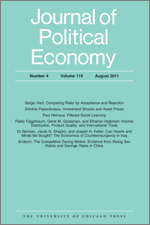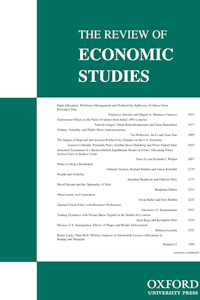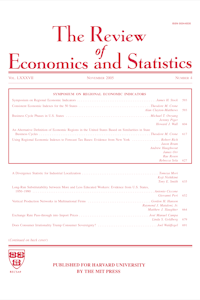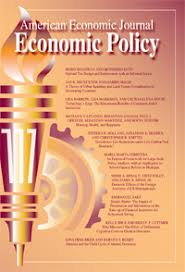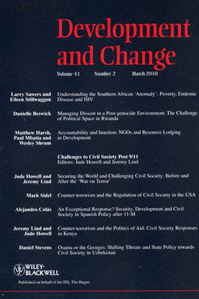
Palma, J. G.
Homogeneous middles vs. heterogeneous tails, and the end of the 'inverted-U': It's all about the share of the rich.
Development and Change
Vol. 42(1) pp. 87-153 (2011)
Abstract: This article examines distributional disparities within nations. There are six main conclusions. First, about 80 per cent of the world's population now lives in regions whose median country has a Gini close to 40. Second, as outliers are now only located among middle-income and rich countries, the ‘upwards’ side of the ‘Inverted-U’ between inequality and income per capita has evaporated (and with it the hypothesis that posits that ‘things have to get worse before they can get better’). Third, among middle-income countries, Latin America and mineral-rich Southern Africa are uniquely unequal, while Eastern Europe follows a distributional path similar to the Nordic countries. Fourth, among rich countries there is a large (and growing) distributional diversity. Fifth, within a global trend of rising inequality, there are two opposite forces at work. One is ‘centrifugal’ and leads to an increased diversity in the shares of the top 10 per cent and bottom 40 per cent. The other is ‘centripetal’ and leads to a growing uniformity in the income-share appropriated by deciles 5 to 9. Therefore, half of the world's population (the middle and upper-middle classes) have acquired strong ‘property rights’ over half of their respective national incomes; the other half of this income, however, is increasingly up for grabs between the very rich and the poor. And sixth, globalization is thus creating a distributional scenario in which what really matters is the income-share of the rich (because the rest ‘follows’).
Author links: Jose Gabriel Palma
Publisher's Link: https://doi.org/10.1111/j.1467-7660.2011.01694.x ![]()

